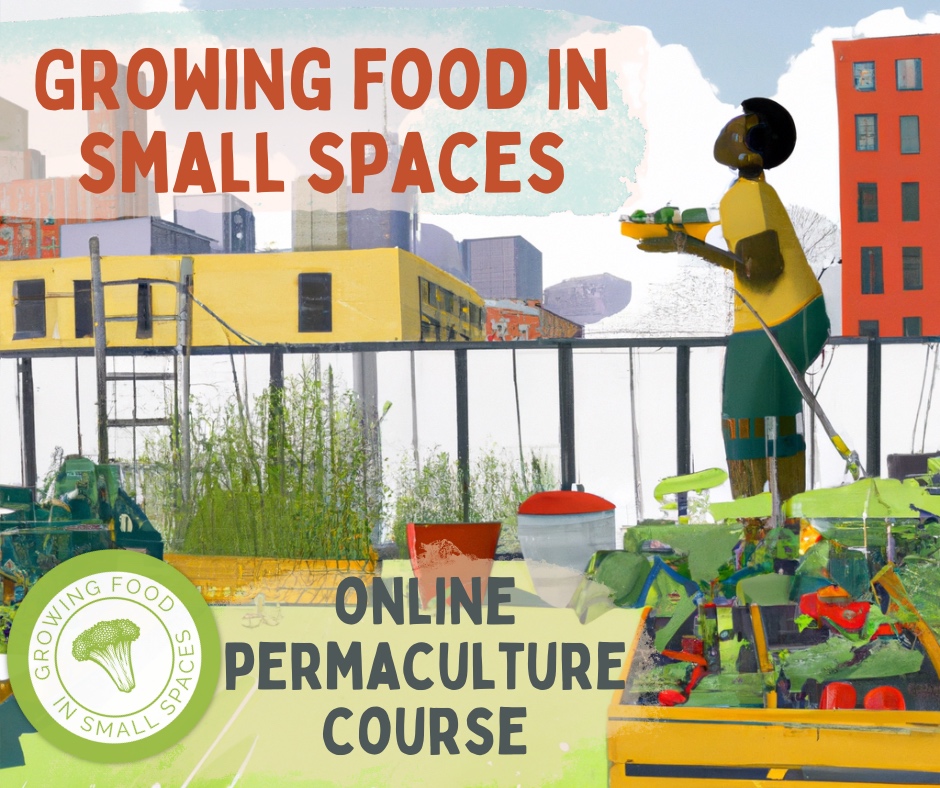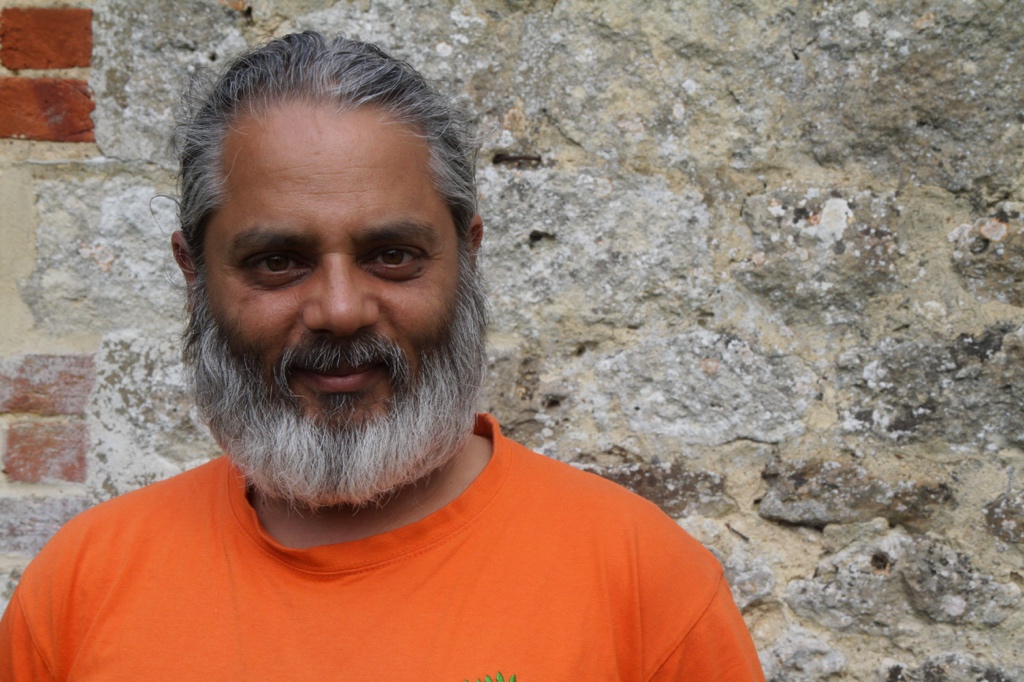
There is a lot you can do to tackle climate change, which can also save you a lot of money. Good quality, well produced food that respects people and planet will never be cheap, but you can save money by growing your own, especially fruit (Eat Local, Seasonal Food), or even by Planting an Edible Forest Garden.
Access to nutritious food that is affordable to hard to come by, as is the land to grow it on. Recently Jumping Fences produced a report addressing the barriers to access to land for agroecological farming for Black people and people of colour (BPOC) in Britain. A collaboration with Land In Our Names (LION) (a Black-led, grassroots collective committed to reparative justice in Britain by securing land for BPOC communities) and the Landworkers’ Alliance this reports highlights the barriers to food growing.
Historically there are many communities with inequitable access to shaping and benefitting from the development of systems and resources. This is particularly relevant considering how climate change is disproportionately affecting certain groups.
Inequities were further amplified by the COVID-19 pandemic. Inequality of access, overconsumption and a variety of cultural, social and political biases and injustices became so visible, and had an impact on social management and the systems around us.
During this clear time of pain for black communities amplified by COVID-19 and the subsequent restrictions, we understood we need to do more to fulfill our equal opportunities policy, and this started to take shape through a new course we were developing.
We had high hopes of reaching more people, so we could:
-
Support our learners to make the connection between the food they eat and institutional racism, inequities, consumerism and food security.
-
Stress and restate the connection and respect for indigenous knowledge that is part of permaculture’s approach.
-
Work to broaden people’s understanding of what permaculture is and can be.
-
Change / add to the conversation in the wider permaculture network to make sure marginalised voices are heard.
-
Highlight the experience of our BIPOC teachers.
-
Use this as an opportunity to increase people’s design skills and knowledge: making designs accessible to all - socially and economically.
-
Directly address the issue of access to permaculture education: overcome barriers of time and cost.
We feel we have gone a long way to achieving all of this above through this course but we are always working with our learners to make it more and more equitable and accessible. We’d love to hear what you rethink after you have completed it.
Growing Food in Small Spaces Online Course
In this course we will give you all the information you need to get started with growing food, even in the smallest of spaces.
You’ll learn essential information, such as healthy soil - needed to grow healthy abundant crops without costing the earth - information that’s often missing from horticultural courses and the Introduction to permaculture.
At the time of writing this we’re not aware of any other courses that cover this range of content, i.e. covering both climate and food security, food growing basics like soil health as well as pointing to the work of BPOC leaders in our community and abroad, covering equity and its consequences of food..
There will be lots of no screen time, and we will provide you with a workbook to apply your learning throughout the course.
Once you’ve completed the course, you’ll be ready to grow your own food and love eating it.
Now with the spiraling cost of living this course is ever more relevant.
The amount of nutrition that can be created on just a small windowsill is astounding. A real benefit to those on low incomes, or with smaller urban spaces. You can get really useful tips for making the most out of your space, and a community to plan with on our interactive community hub whether you are on the self study or teacher led course.
Some of the key topics in the course:
-
Discuss the problems and challenges facing our food and farming systems
-
Know how to change your world through growing food!
-
It will connect you to nature, to any available outside space and the love of growing organic food
-
This is an accessible course, open to anyone from any level, with an interest in growing food
-
Learn about how your resources, choices and environment interact and how to design taking everything into account
-
It’s tailored to be suitable to all growing environments.
How we tackle financial and societal barriers through paying for the course:
We will regularly examine and challenge barriers - this includes recognising that some people are prevented from accessing education due to structural biases. We wanted to make sure that a course offering this equity focused learning was fairly priced, with a pay as you feel option and unlimited and self reporting trust based bursary places.
On our new platform - The Community Hub, from Mighty Networks, we offer a self reporting system, most learners pay £35 for this course, but you can chose to pay £60 to support our charitable work and our bursary places, or pay £10 if you are unable to pay due to your financial or economic / societal needs. Find the link on the course page to pay £10.
Inspiring and experienced teachers:
This course offers a self study option and a teacher led option - providing more in depth learning from an experienced urban food grower and highly qualified teacher.

Our next course is with Rakesh, starting at the end of April and he will focus again on growing perennials in small spaces. His extensive experience in this area is clear throughout the course.
An experienced Permaculture designer and teacher, forest garden specialist, yoga teacher, homeopath and reggae DJ. Rakesh has been designing and teaching permaculture to individuals and communities since 2009, and has taught over 500 permaculture, forest gardening, eco village design and related courses.
His design portfolio ranges from large scale forest gardens in eco villages through to many urban community food growing gardens, private farms and back gardens as well as designing collaborative businesses, urban water retention systems and even computer software and documentation systems.
Rakesh is also passionate about building communities, and the social side of permaculture, hence using sociocracy, dragon dreaming and other great tools and processes to create strong social bonds with clear ideas of how to creatively meet your needs in a project or community. He is also passionate about sharing his journey of self empowerment (learning how to make all the things you need for yourself rather than relying on the system to provide for you), this includes eco architecture (low impact housing); capturing and storing energy (electricity, heat, lighting, etc); fuel efficient heating systems (rocket heaters and stoves); water capture, purification and recycling systems, natural bee keeping and so on.
He is one of the founders of the Children in Permaculture project (CiP), and is also one of the founders of the Youth in Permaculture (YiP) project.